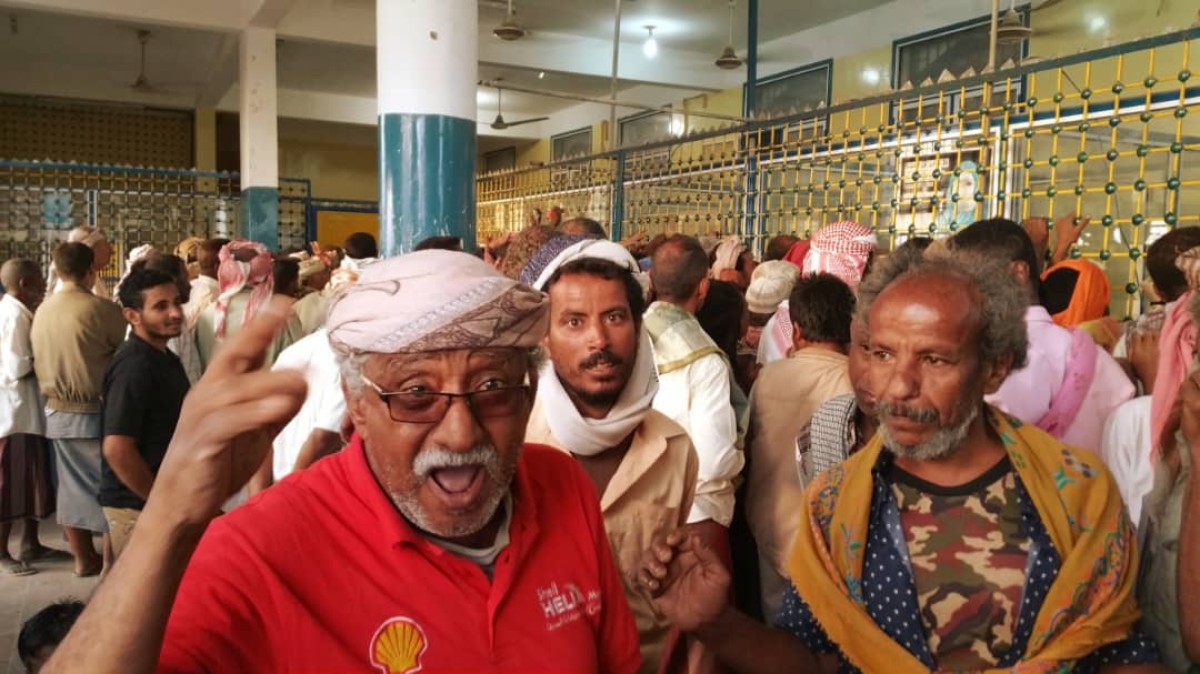Residents of Mahrousa Lahj.. to the Turkish governor: “Either there is a solution or we live in suffering together.”


The city of Mahrousa in Lahj Governorate is witnessing an ongoing electrical crisis that has caused residents to live in complete darkness, which has exacerbated their daily suffering and made life more difficult in light of the significant rise in temperatures. Repeated power outages have made darkness a constant companion for residents, amid increasing demands for urgent intervention to end this crisis that has become part of their daily lives.
Residents in Mahrousa sent an urgent appeal to the Turkish governor, demanding decisive intervention to end their ongoing suffering with the power outage, as they said: “Either there is a solution or we live the suffering together.” This call comes from the common feeling among the people that solutions have become out of reach, and that their ordeal with electricity has been prolonged without any clear horizon for improving the situation.
Electricity is not just a recreational service in Mahrousa Lahj, but rather it is a necessary need to enable citizens to carry out their daily lives. With its continuous outages, homes have become unlivable in the extreme heat, while the sick and elderly suffer doubly from the absence of cooling and treatment methods.
Students also suffer from the difficulty of studying under these harsh conditions, as they are unable to prepare, especially with the beginning of the new year in the dark and in the heat. Which increases anxiety about their academic future, in light of the worsening of this crisis.
Life in Mahrousa Lahj has become about waiting for electricity to return, as residents try to adapt to the situation by using expensive alternatives, such as purchasing electricity generators, solar energy, and batteries. But these temporary solutions do not meet everyone's needs, as many families live in difficult economic conditions and cannot afford these alternatives.
Residents hope that the Turkish governor will be their voice before the concerned authorities and the government, and that he will do everything in his power to alleviate their suffering. Electricity has become a symbol of greater suffering, as it reflects neglect and failure to improve infrastructure and basic services. In light of these difficult conditions, people's patience is beginning to run out, and they hope to find in officials someone who shares this suffering or works seriously to end it.
The people of Mahrousa Lahj live moments of despair and frustration, looking forward to someone who can rescue them from this dark reality. Will their voices reach the one who has the solution, or will suffering remain the master of the situation?